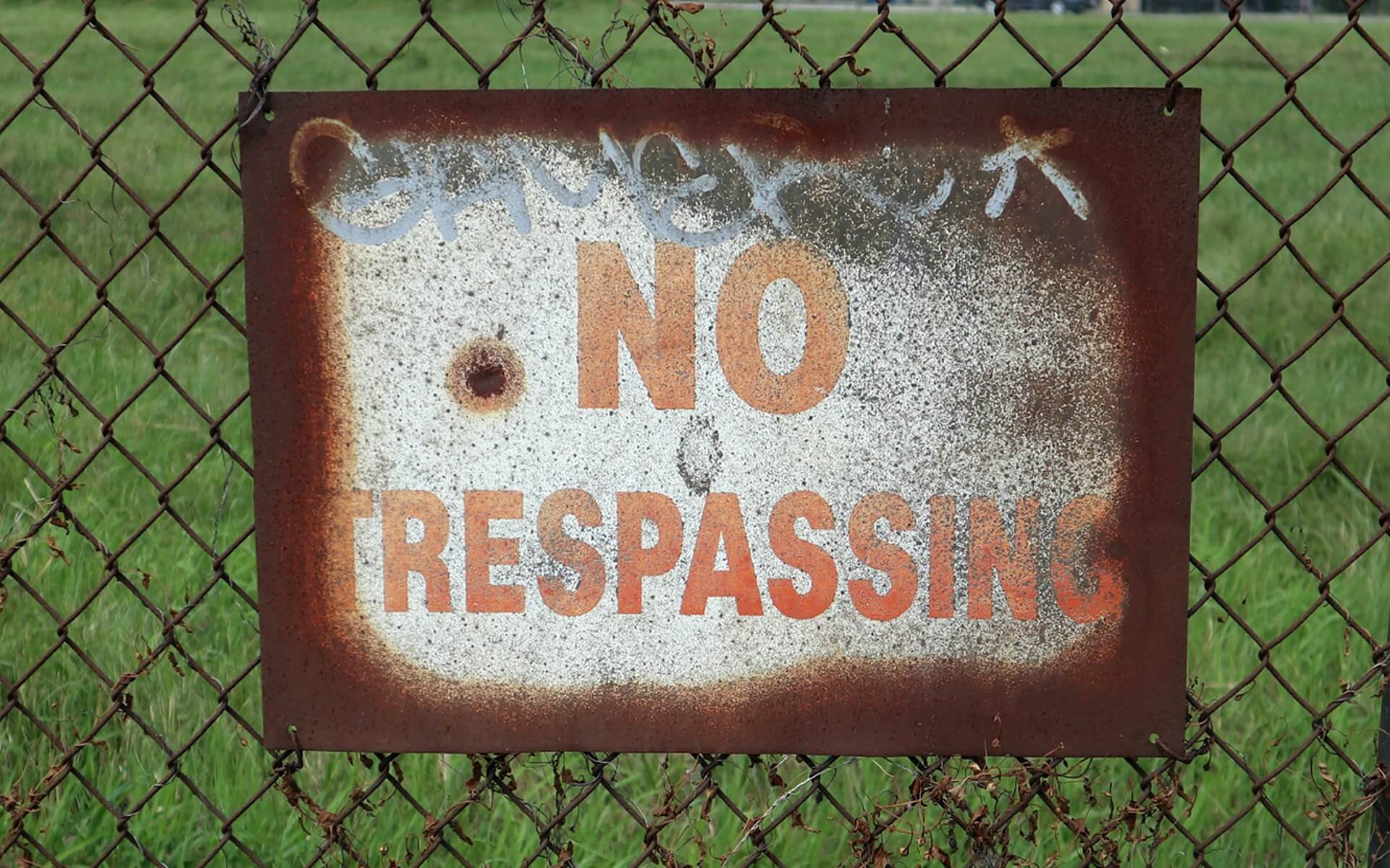Dealing with squatters who have no relationship whatsoever with the landlord

In an earlier post, we discussed the gut-wrenching task of removing family members who are not paying rent and stay implanted just because of love.
Yet in other cases, there may be unfamiliar faces occupying the premises. A property owner can be horribly shocked and disappointed to find unauthorized squatters who have overtaken the property. With the social dysfunction found in the Bay Area, squatting has become more and more of a thorn in the sides of owners.
Never mind a punitive vacancy tax, the likes of which are spreading as policymakers express disfavor of owners underutilizing valuable housing stock that could be used for the greater public good.
If the property is dormant, it can invite parasitic guests, and, in fact, we know of an organized movement encouraging people to squat and even publishing a list of vacant/abandoned buildings to scope out. This database is mined through the San Francisco Building Inspection's records, but at least the compiler is transparent with the disclosure that the exact status of the building is unknown.
We are hard-pressed to cite all of the shocking stories we have observed with unauthorized occupants claiming a right to the property. The problem is so pervasive, Eddie Murphy took it on in a skit after making his return debut to Saturday Night Live.
Options for rental property owners when encountering squatters who have no prior connection with the unauthorized occupant
The problem we encounter is that law enforcement officers are educated, to varying degrees, on landlord-tenant matters. When there is a complaint filed with the police, officers or deputies may routinely dismiss it as a "civil matter" and this starts a protracted battle on whether there is any legitimate claim to be on the premises.
Trespassers have become increasingly sophisticated in producing bogus documentation or otherwise making a claim that they are entitled to reside on the premises. A client calls us up frantically telling us that the squatting has been reported to the police and they took no action.
As a sidebar, it will be interesting to see if enforcement is ramped up after San Franciscans elected a new top cop, Brooke Jenkins. At any rate, if the owner or their agent discovers an unauthorized person they don't know, we advise them not to call the police desk to file a complaint. Call 911. If someone has been there for 2 hours or 2 days, this may be prudent because the police response will be more urgent in an active break-in situation.
Clearly, reporting an active break-in would not be appropriate if the tenant has some sort of plausible reason for being there. For example, a subtenant still residing in the rental unit after the master tenant left. This wouldn't warrant a 911 call.

A word about lock-outs
If no tenancy had been established, it may or may not be advisable to change locks; such a measure should be decided on a case-by-case basis with the consultation of Bornstein Law. On the one hand, we do not want to violate California law by engaging in an illegal lock-out. On the other hand, we want to take back control of the property and not allow a problem to fester and damage to the property to enlarge.
We also want to be careful out of a concern for your safety. Tragically, there have been acts of violence when owners change locks or get into a confrontation with individuals squatting in the unit. Once again, consult an attorney first.
The legal path to removing squatters
With the assistance of Bornstein Law, a Notice to Quit can be served to demand that the trespassers vacate the premises in a fixed period of time. If the name of the squatter is unknown, a fictitious name like John or Jane Doe can be used. If the unwanted occupants do not file a response to the Complaint within five days of service, our office can seek a Default Judgment.
If the matter is escalated to trial, we must prove a handful of things. One, the plaintiff is the owner of the property. Two, that the occupant does not have the owner's permission or consent to occupy the property. Further, the owner properly served a Notice to Quit, the occupants continued possession of the rental property after the expiration of the notice, and the owner was deprived of his or her rights of possession of the unit by the conduct of the occupants. Finally, we can put a finger on the daily rental value of the rental property.
Once a judgment is obtained, the Sheriff’s department will return the rental property to the owner.
Parting thoughts
We want you to know that if there is no landlord-tenant relationship, and there are no protections afforded to squatters. Tenant protections are only afforded to, well, tenants. The problem we encounter is when money has exchanged hands, a security deposit was paid, or the tenant lived in the unit for a long period of time. This is clearly a different set of circumstances than unknown trespassers camping out totally unbeknownst to the owner.
Some attorneys are conservative in their approach to addressing the vexing problem of squatting, others are more aggressive, and if you talk to two attorneys, you may get three different opinions.
These are difficult questions best approached by a law firm that handles disputes in rental units on a daily basis. If you, unfortunately, encounter a squatting situation, do not rely on a cousin who practices personal injury or insurance defense law in Stockton or Redding, but do rely on Bornstein Law, which has local landlords’ concerns in mind.
Get in touch with the firm built for rental property owners.

Related from our blog: Squatter rights rival those of owners as they overtake properties →
